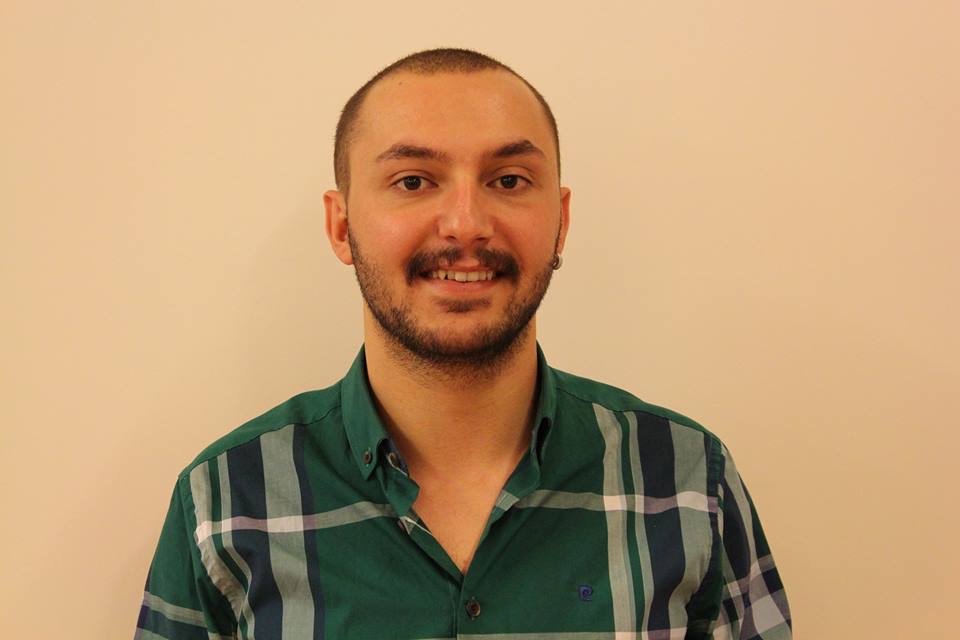
Onur Alp Yılmaz
I am Onur Alp Yılmaz. Currently, I am a Ph.D. Candidate in History of the Turkish Republic at Ankara University and part time instructor at Işık University as well. As a result of growing up with political parents, I have been interested in politics since my childhood. During my high school years, I was appointed as school representative, and I organized some events on behalf of the Republican People’s Party (CHP). It was my first step in politics. When I started university, I was strongly committed to Kemalist values, the founding principles of the Turkish Republic. My nationalist feelings were strong. I also had a distance with the Kurdish issue, which always required dialogue and social consensus. The lectures during M.A. years provided so much narrative-breaking insight to me. First of all, in the lecture on European and Migration, I was exposed to how nationalism has destroyed the civilizations at the same time, and how the same civilizations recreated themselves by consensus and cooperation. Secondly, in the lecture on Regional and Comparative Studies, I was exposed to the fact that states with a social democratic heritage had more democratic political culture and parties with intra- party democracy. Turkey lacked both unfortunately. Thirdly, in Political Philosophy, I learned the historical process of modern ideologies, and I investigated their effects on states’ political cultures. Lastly, I had to face the reality that not all other cultures are those of conflict like Turkey, and there are cultures of consensus as well. In this entire process, my non-academic interest in politics has gradually become an academic interest. This new academic interest encouraged me to get involved in deeper research on the Kurdish issue and curbed my bias about the subject. Eventually, I ended up writing and defending my M.A. thesis on the political party CHP, which I am a member of, and its discourse on the subject matter of my earlier bias, the Kurdish question under the title of “CHP’s Discourse on the Kurdish Question: Continuities or Ruptures?” My major purpose was to follow the CHP’s approach on the Kurdish question over the years, with reference to the official reports of the party, with a qualitative perspective. I conducted in-depth interviews with the political actors of the party, who had responsibility in the writing stage of these documents. Additionally, an analysis of domestic political dynamics was given with their repercussions on the preparation and announcement process of these reports, in order to show how the political environment affected the CHP’s attitude on the Kurdish question. In doing so, my thesis shed light on the processes of Kurdish movement’s politicization, ruptures and continuities of the CHP’s discourse on the Kurdish question, as well as the effects of external and internal factors on the CHP’s position on the Kurdish question.
Onur Alp Yılmaz
